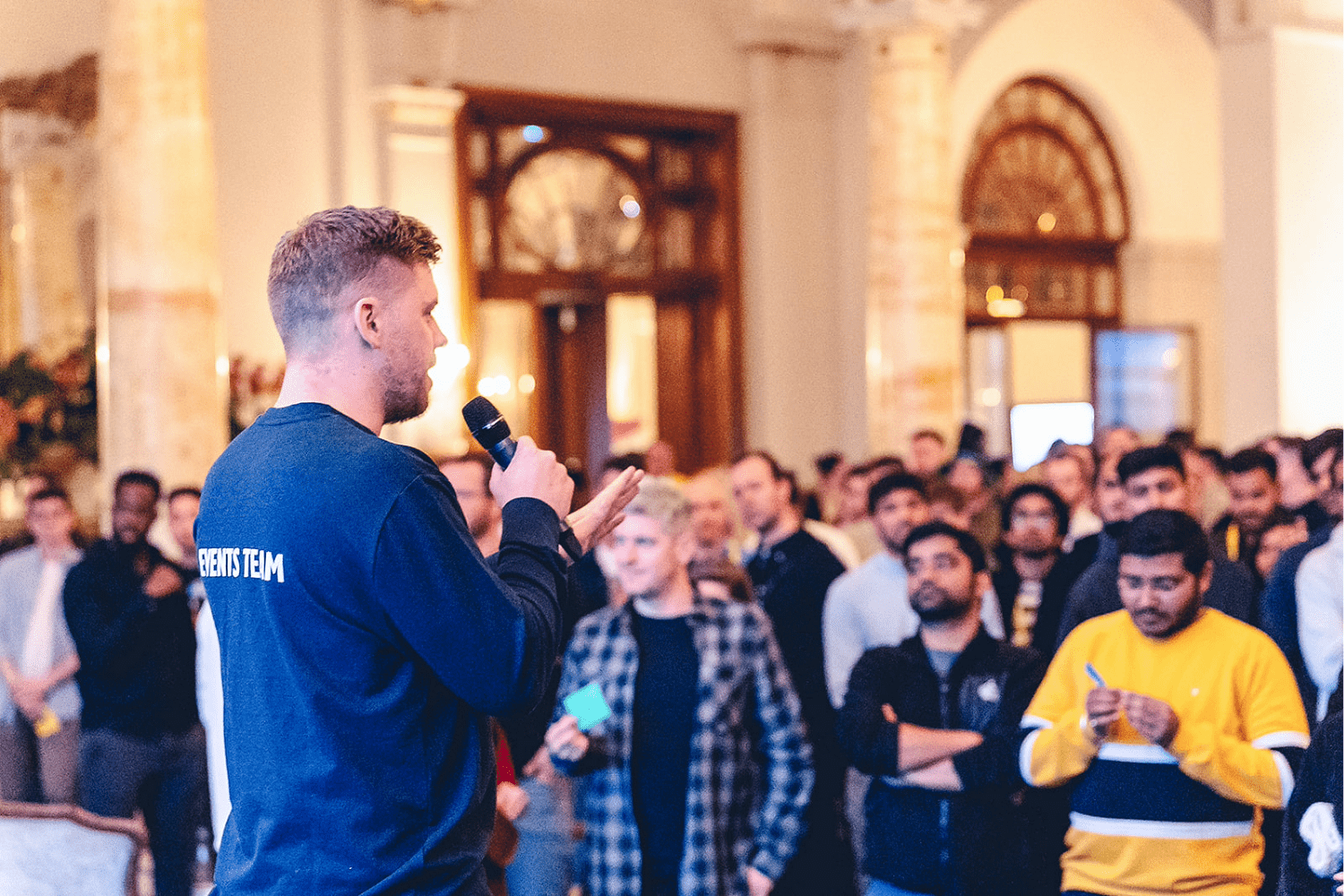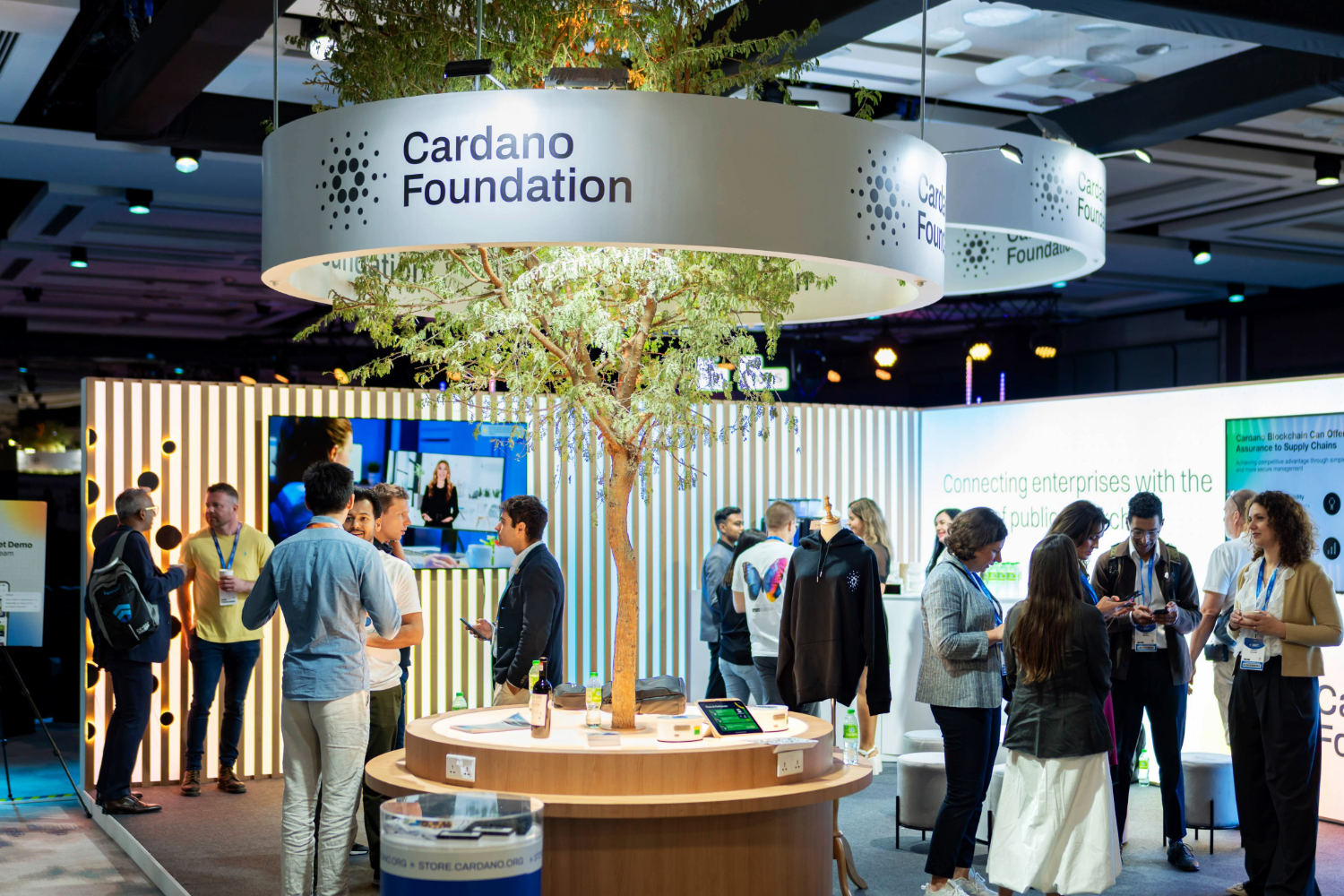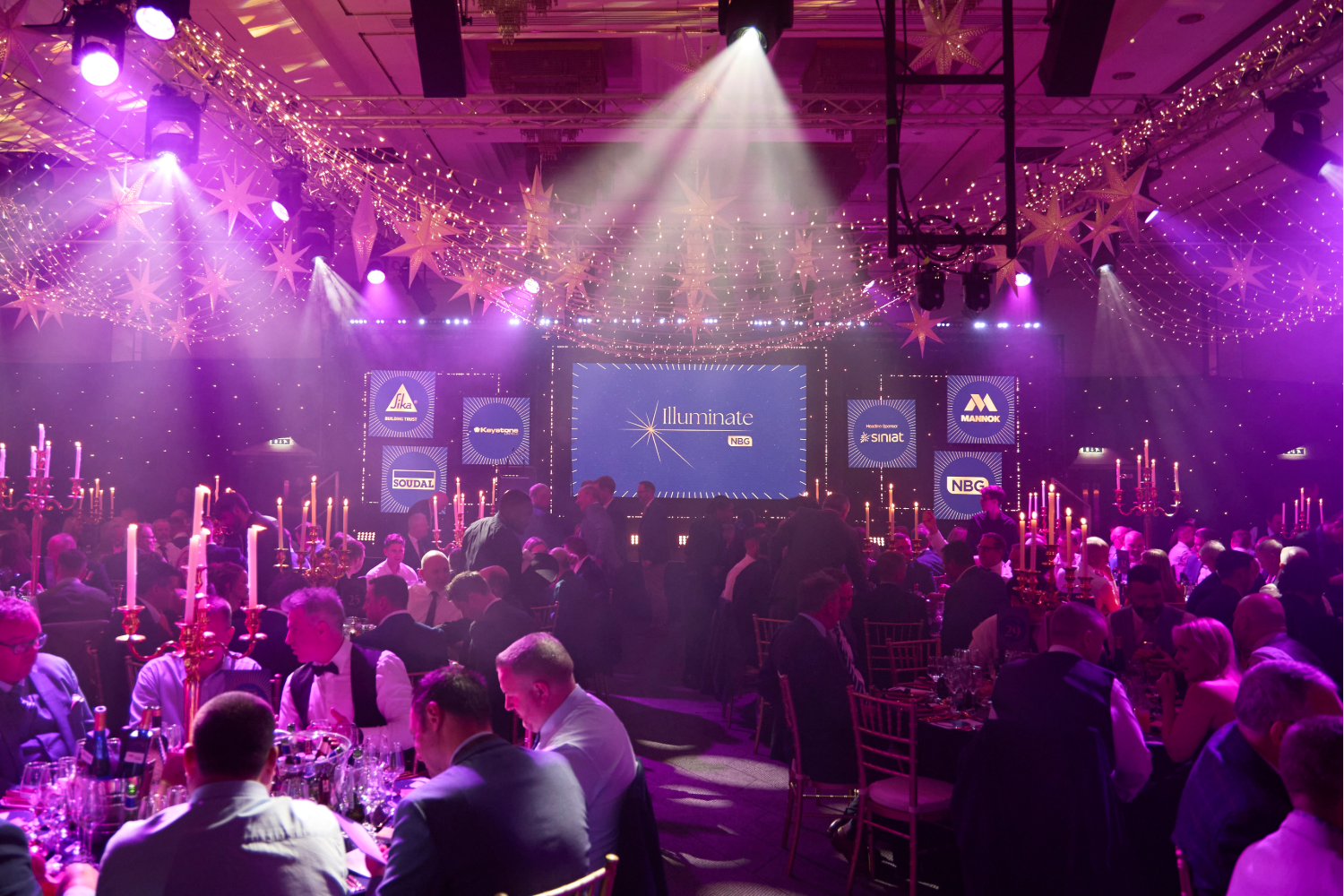
June 4, 2025
How to Replace Hustle Culture With Mindful Experiences
What Is Hustle Culture and Why Are People Rejecting It?
Hustle culture glorifies being constantly busy — always working, always achieving, and always online. It’s built on the belief that success comes from relentless effort, often at the expense of sleep, relationships, and mental health.
But people are waking up. Our research with our partner Canvas8 into social wellbeing trends reveals that 68% of people say they feel overwhelmed by the pressure to be ‘always on’. The consequences? Rising burnout, fractured attention, and disengagement at work.
This shift is driving demand for human-led, emotionally intelligent experiences that prioritise presence, connection and wellbeing.
Why Mindful Experiences Are the Antidote to Burnout
Mindful experiences help individuals and teams reconnect with purpose, build emotional resilience, and foster deeper engagement. Whether at work, in daily routines, or through thoughtfully curated events, these moments of intentional pause can have a big impact.
The Science Behind Mindfulness and Productivity
Research shows that mindfulness improves:
– Focus and memory
– Stress regulation
– Creative problem-solving
– Job satisfaction
And when it comes to combating loneliness and disconnection — something strongly tied to hustle culture — our report found that 73% of people say they value emotional connection more now than they did before the pandemic.
It’s not about doing less — it’s about doing what matters more, with presence.
How to Create Mindful Experiences in Your Workplace or Event Strategy
1. Prioritise Purpose Over Productivity
Before diving into any project or event, ask:
– Why are we doing this?
– What do we want people to feel?
– What long-term impact are we aiming for?
Shifting the focus from output to outcome can change the way people show up. In our report, only 1 in 5 workers said they feel a genuine sense of purpose in their day-to-day job — a clear call to reimagine experiences that foster meaning, not just metrics.
2. Design with Human Needs in Mind
From wellness breaks to safe spaces for reflection, even small touches can create a more inclusive, balanced experience. Consider integrating:
– Guided meditation or breathwork
– Moments of digital detox
– Immersive, slow-paced environments
3. Encourage Connection Over Competition
Hustle culture can be isolating. Mindful experiences prioritise collaboration and emotional connection. Think:
– Fireside chats instead of hard-hitting panels
– Shared meals or nature walks
– Peer storytelling over formal presentations
FAQs About Mindful Work and Experiences
How can mindful event design improve business outcomes?
Mindful experiences are proven to enhance attention, engagement, and message retention — all key metrics for event success. They reduce cognitive overload and increase attendee satisfaction, which in turn boosts NPS, drives deeper brand affinity, and improves follow-up actions such as lead conversion or internal engagement. It’s about designing for clarity, not chaos.
What’s the commercial case for replacing hustle culture in events?
When experiences are designed with wellbeing and psychological safety in mind, people contribute more freely, absorb more information, and form more valuable connections. This leads to better collaboration, higher quality discussions, and greater post-event momentum — all of which support your business goals. Our report with Canvas8 shows that 76% of people are more likely to trust a brand that prioritises their emotional wellbeing.
How do I measure the impact of a more mindful experience strategy?
Beyond basic feedback forms, consider measuring emotional engagement, depth of connection, and behavioural intent. You can use tools like emotional analytics in post-event surveys, content dwell time, or even monitor internal culture shifts (e.g. reduced burnout, increased collaboration) after internal events. Align these measures with your original event objectives — whether that’s lead quality, retention, or culture change.
How do I future-proof our event strategy with mindful experiences?
The next generation of audiences demands more than inspiration — they want values alignment, psychological safety, and space for reflection. Integrating mindful moments helps build more emotionally intelligent brands that attract and retain talent, clients, and partners. It’s a shift from performance at all costs to performance with purpose — and it’s a competitive advantage.
Ready to Make the Shift?
At First Event, we help brands and teams move away from the pressures of hustle culture and towards intelligent, wellbeing-led experiences that connect, inspire and last.
Discover how to create real impact in our report Unlocking Experiences: What different generations expect from events.



